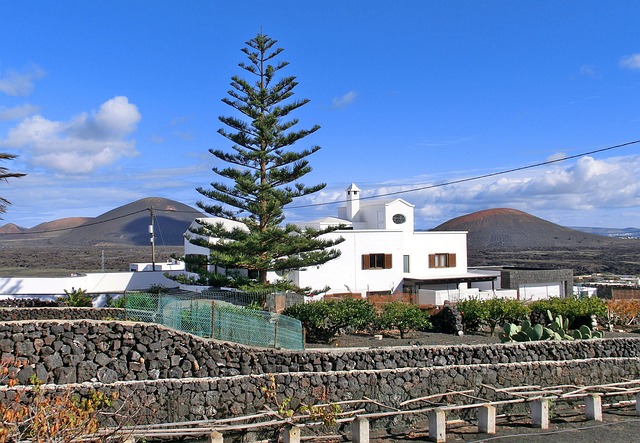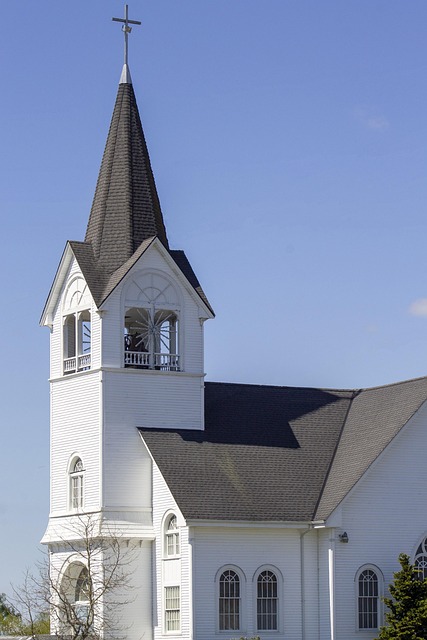The seasonal economy in tourism-driven regions offers significant opportunities for the real estate market, with a surge in visitors creating both short-term and long-term investment prospects. Real estate professionals play a crucial role by providing seasonal rentals, vacation homes, and managing properties for road travelers, leveraging their understanding of tourist trends to maximize rental potential. By adapting to this dynamic, the sector contributes to local economic growth through efficient asset utilization. The future of seasonal tourism is shaped by innovative trends catering to road travelers and outdoor enthusiasts, with a focus on sustainable practices and affordable alternatives to hotels.
“The seasonal economy, a dynamic force in the travel and hospitality sector, significantly impacts real estate markets. This article explores how real estate professionals can leverage this phenomenon to cater to road travelers. We delve into understanding the seasonal economy from a real estate perspective, uncovering strategies to attract and serve travelers during peak seasons. Furthermore, we examine emerging trends and innovations in the industry that are revolutionizing seasonal tourism, offering insights for future growth and development in real estate.”
Understanding the Seasonal Economy: A Real Estate Perspective

The seasonal economy, particularly in tourism-driven regions, presents unique opportunities and challenges for the real estate market. These areas often experience a surge in visitors during specific seasons, leading to increased demand for accommodation and related services. From a real estate perspective, this dynamic creates both short-term and long-term investment prospects.
Real estate professionals play a pivotal role in catering to this transient population by offering seasonal rentals, vacation homes, or managing properties specifically designed for road travelers. Understanding the ebb and flow of tourist trends is crucial to maximizing rental potential and providing an appealing experience for these travelers. By adapting to the seasonal economy, real estate agents and investors can ensure their assets are utilized efficiently, contributing to the local community’s economic growth.
Catering to Road Travelers: Strategies and Opportunities

Catering to road travelers is a lucrative opportunity for businesses in the real estate sector, especially along major highways and scenic routes. With an increasing number of people opting for road trips, accommodations that offer convenient services can significantly boost their revenue. Strategies such as providing quick access to amenities, offering package deals with local attractions, and implementing efficient delivery systems will attract travelers seeking a comfortable and memorable experience.
Investing in infrastructure that caters to these mobile consumers is key. This could involve establishing rest areas with modern facilities, partnering with nearby restaurants or cafes for meal options, or creating pop-up markets showcasing regional produce. By embracing the seasonal economy and understanding traveler preferences, real estate businesses can create dynamic destinations that cater to a diverse range of road adventurers.
The Future of Seasonal Tourism: Trends and Innovations in Real Estate

The future of seasonal tourism is being reshaped by innovative trends in real estate, catering specifically to road travelers and outdoor enthusiasts. One prominent trend is the rise of short-term rentals and vacation homes, which offer a more affordable and flexible alternative to traditional hotels, especially for those seeking immersive experiences in popular destinations during peak seasons. Real Estate professionals are recognizing the potential of developing or refurbishing properties near scenic spots, national parks, or hiking trails to attract this niche market.
Additionally, sustainable tourism is gaining traction, with many travelers now prioritizing eco-friendly accommodations and practices. This shift is driving innovations in real estate design and construction, such as energy-efficient buildings, renewable energy sources, and waste reduction strategies. By embracing these trends, the industry can ensure a vibrant and resilient seasonal tourism ecosystem that caters to modern road travelers while preserving the natural beauty they seek.






